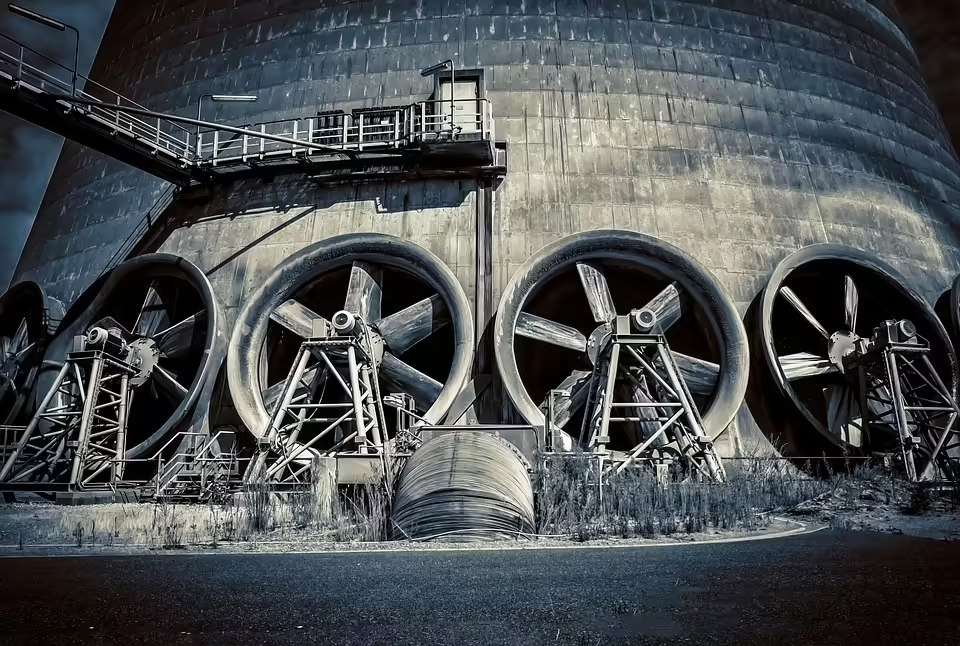
Orban’s recent diplomatic endeavors in Russia and China have sparked various reactions and speculations in political circles. While his efforts may not have yielded any concrete results in terms of negotiating peace, they have shed light on a pressing issue within the EU.
Orban’s Peace Initiative Goals
Orban’s objectives with his peace initiative are twofold: first, to explore the possibility of an immediate ceasefire, and second, to revive negotiations between Ukraine and Russia that stalled in April 2022. However, his claim to be the sole Western leader with a direct line to Putin is debatable, as diplomatic channels with Moscow are still active despite his assertions.
Recent attempts by Turkish President Erdogan to mediate with Moscow were met with rejection, raising questions about the outcomes of Orban’s interactions with Putin. So far, there seems to be no significant progress on the Russian side following their meeting.
The Role of Expert Joachim Krause
Joachim Krause, an esteemed political analyst, views Orban’s diplomatic efforts with skepticism. While a ceasefire in Ukraine may seem plausible due to the current military stalemate, the path to lasting peace remains uncertain.
China’s Influence in Orban’s Mission
Orban’s diplomatic overtures extend to China, where he seeks support for a ceasefire in Ukraine. However, China’s alignment with Russia complicates the situation, as Beijing prioritizes maintaining stability in Moscow. Despite expressing concerns about Russia’s military setbacks in Ukraine, China has yet to leverage its influence for a ceasefire.
Implications for EU Relations
Orban’s unilateral actions have drawn criticism within the EU, highlighting the challenges of populist approaches to complex geopolitical issues. While his efforts may resonate with certain political factions, they underscore the need for strategic dialogue and coordinated responses within the NATO framework.
– NAG




